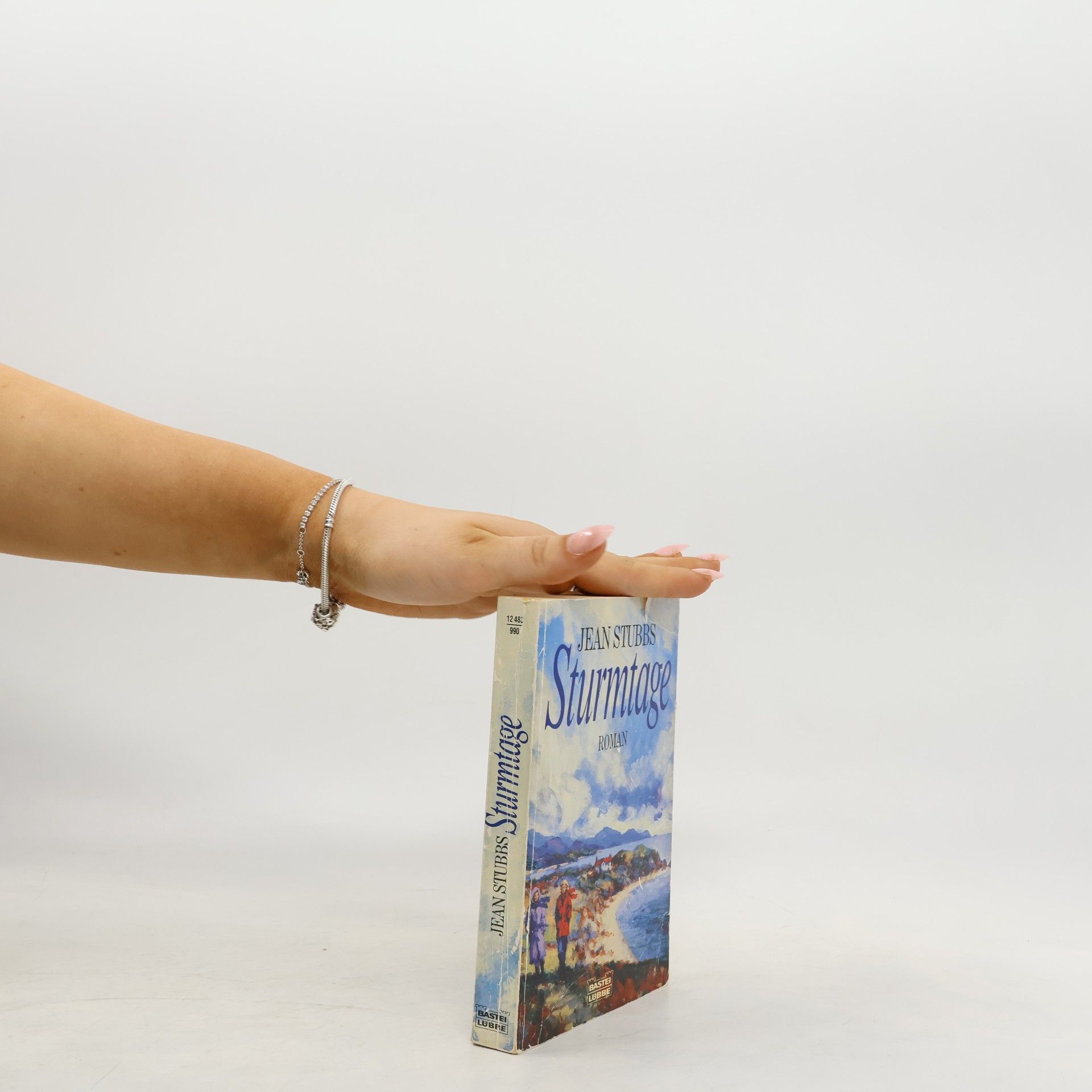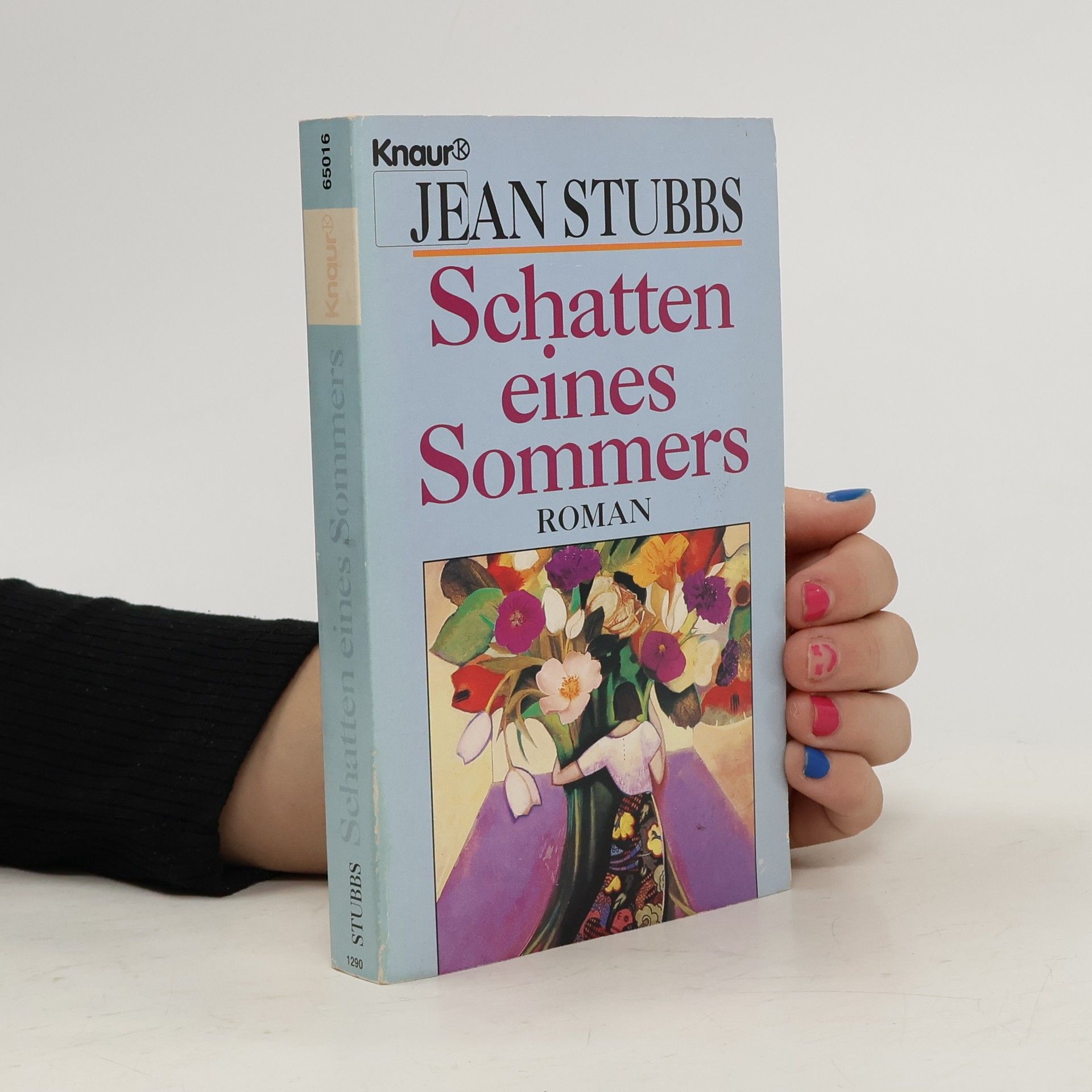Liebe Laura. Roman
- 367 Seiten
- 13 Lesestunden
Diese Autorin befasst sich mit einem breiten Themenspektrum, von historischen Romanen bis hin zu zeitgenössischen Kurzgeschichten, wobei viele ihrer Werke für Radio und Fernsehen adaptiert wurden. Ihr Stil zeichnet sich durch die Fähigkeit aus, den Leser in unterschiedliche Umgebungen und Epochen einzutauchen. Die Autorin zeigt ein tiefes Interesse an der menschlichen Psyche und zwischenmenschlichen Beziehungen, was sich in ihren sorgfältig ausgearbeiteten Charakteren widerspiegelt. Ihr umfangreiches Werk hat sowohl beim Publikum als auch bei der Kritik Anerkennung gefunden.






Als die Londonerin Marina überraschend aus Cornwall nach Hause zurückkehrt, um ihre Ehe zu retten, macht sie eine Entdeckung, die ihre bisherige geordnete Existenz in Frage stellt.
Im Mittelpunkt stehen 2 Schwestern aus konservativem Elternhaus, die unterschiedliche Lebensstile verkörpern: Zoe pflegt die traditionellen Werte, die unkonventionelle Leila strebt eine Karriere als Malerin an.
Focusing on the intricate histories of Cuban tobacco, Jean Stubbs' extensive writings explore themes of cultivation, trade, and labor, linking them to broader narratives of migration and identity. This collection features 19 articles published from 1982 to 2024, showcasing her comprehensive research that combines sociological, anthropological, and agronomic perspectives. Stubbs' foundational work, particularly on Havana cigars, positions her as a leading historian in the field, offering valuable insights into the cultural and economic significance of tobacco in Cuba.
High on Garth Fells in the county of Lancashire, life was ruled by the bitter cold winds in the winter of 1760. By candlelight, Ned Howarth of Kit's Hill farm pens a humble proposal of marriage to Miss Dorcas Wilde. Dorcas is hesitant, should she marry him or remain single?